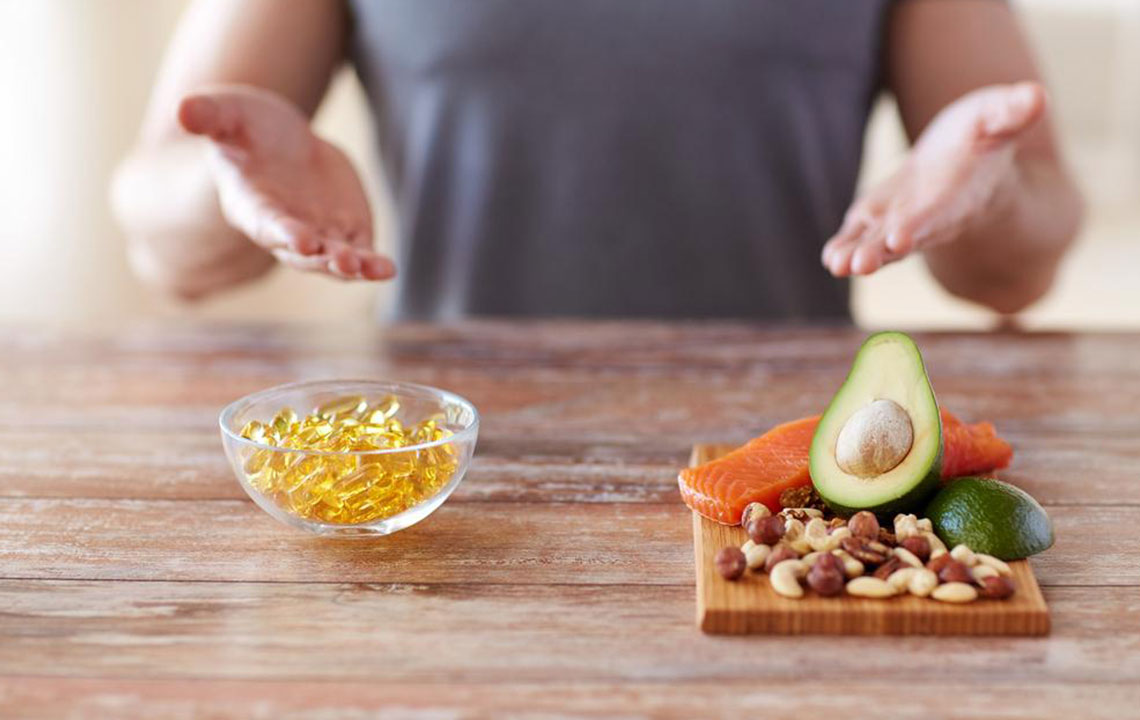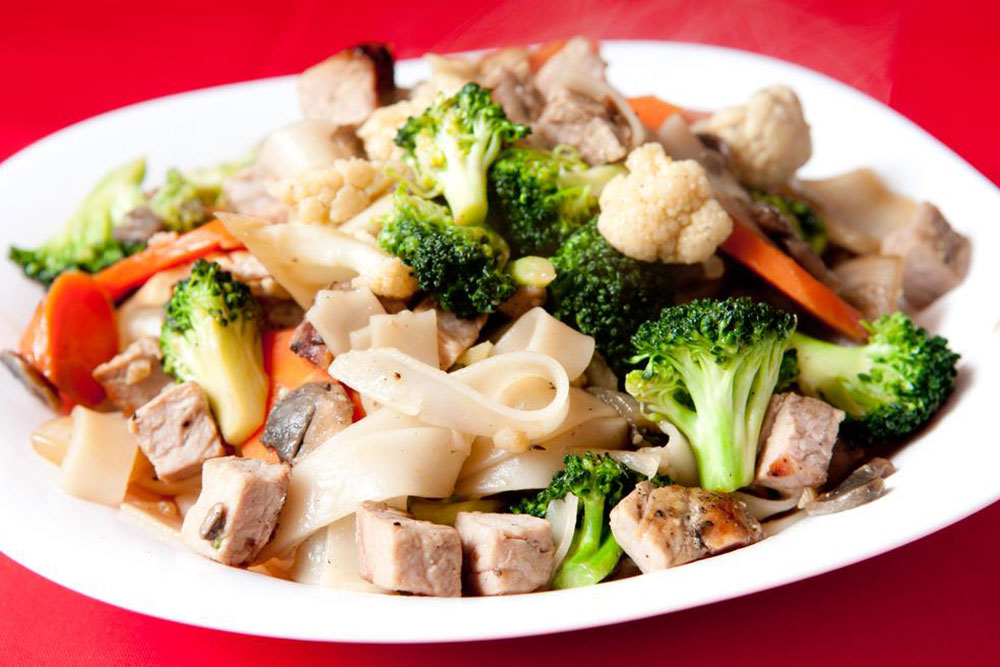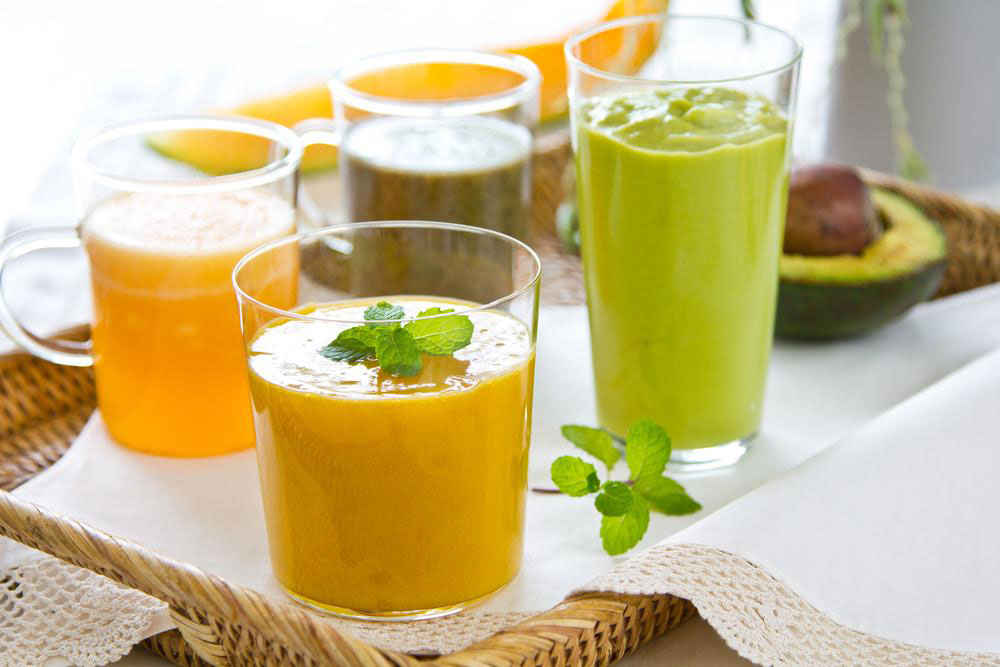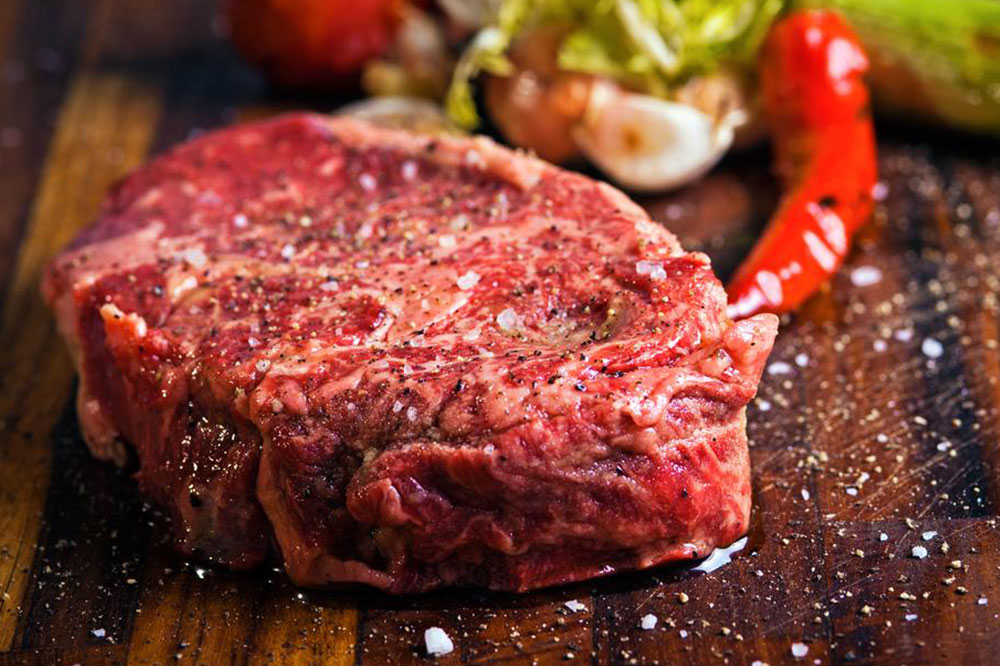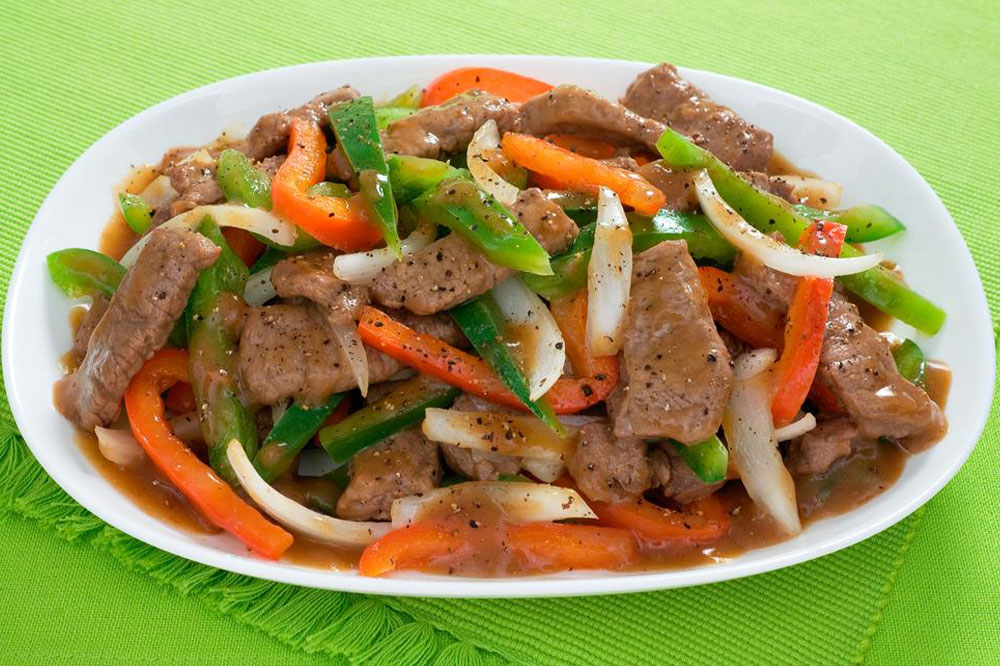Dietary Choices to Combat Chronic Inflammation
This article explores foods that effectively reduce chronic inflammation, highlighting beneficial options like fatty fish, berries, leafy greens, nuts, healthy oils, beets, and spices like ginger and turmeric. It emphasizes the importance of dietary choices in preventing diseases such as heart problems, diabetes, and arthritis, advocating for an anti-inflammatory diet to improve overall health.
Sponsored

Eat These Foods to Reduce Inflammation
Your diet plays a crucial role in either supporting healing or exacerbating health issues. Chronic inflammation can contribute to serious health problems over time. Choosing the right foods and avoiding certain items can help you minimize inflammation and its associated risks.
Anti-inflammatory Foods
Inflammation is an immune defense mechanism triggered by injuries or infections, signaling the body to initiate healing. While this response is necessary, sometimes it occurs unnecessarily due to factors like stress, poor sleep, genetics, or autoimmune conditions.
Dietary habits significantly influence inflammation levels. Consuming foods high in refined sugars, processed grains, fried foods, preservatives, and artificial additives can promote chronic inflammation and related health issues like obesity, diabetes, and cardiovascular diseases. Additionally, such foods can harm gut bacteria, further increasing inflammation risks.
To combat inflammation, incorporate these anti-inflammatory foods into your diet:
Fatty Fish
Rich in Omega-3 fatty acids such as Salmon, Sardines, Tuna, and Halibut, these help reduce inflammation quickly. They boost adiponectin, a hormone that diminishes inflammation, increases fat-burning, and enhances metabolism.
Berries
Blueberries and other berries contain antioxidants called flavonoids that neutralize inflammation caused by unhealthy diets, as supported by research published in the Journal of Nutrition.
Leafy Greens
Vegetables like broccoli provide vitamin C, beta-carotene, and kaempferol, a plant compound known to lower inflammation levels.
Whole Grains
Raw oats promote beneficial gut bacteria that produce butyrate, a fatty acid with anti-inflammatory properties.
Nuts and Seeds
These foods are antioxidant-rich and contain essential amino acids. Studies indicate higher nut and seed intake correlates with lower inflammation markers in the blood.
Healthy Oils
Extra virgin olive oil, coconut oil, and canola oil support anti-inflammatory processes. Olive oil's oleocanthal reduces joint inflammation, while coconut oil offers antimicrobial benefits and metabolic support.
Beets
Contain flavonoids, carotenoids, and betalain pigments that combat inflammation, boost metabolism, and lower risk of metabolic and cardiovascular diseases.
Red Bell Peppers
High in quercetin, luteolin, and beta-carotene, which prevent inflammation and allergic responses, particularly in conditions like asthma and arthritis.
Cocoa
Dark chocolate and cocoa contain flavonoids that reduce inflammatory markers, as demonstrated in clinical studies.
Ginger and Turmeric
Ginger's gingerols and turmeric's curcumin block enzymes that produce inflammation, helping manage joint pain and autoimmune conditions.
Adopting an anti-inflammatory diet emphasizing whole, unprocessed foods can significantly reduce health risks associated with chronic inflammation. Limiting processed foods and sugars while increasing intake of these beneficial foods promotes better health and well-being.

